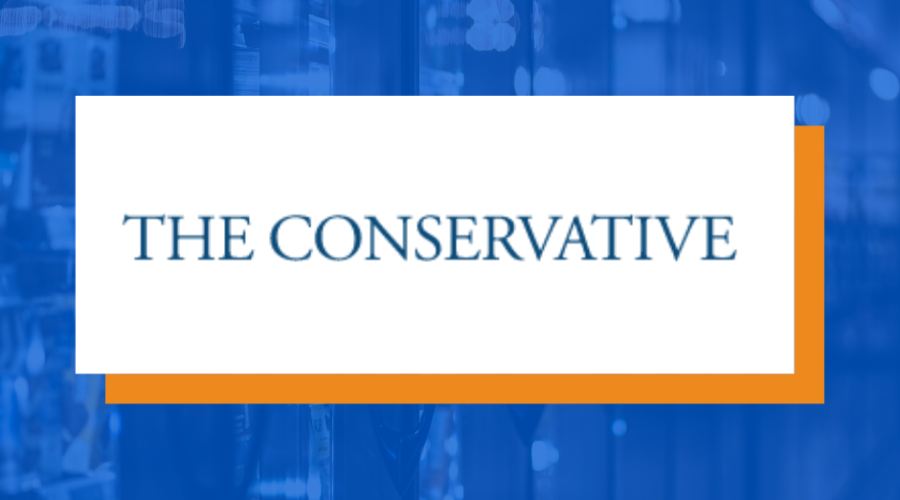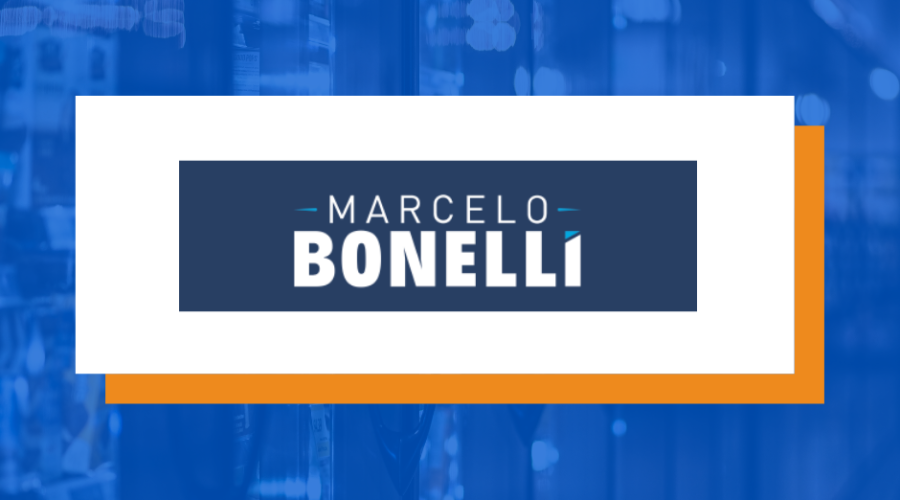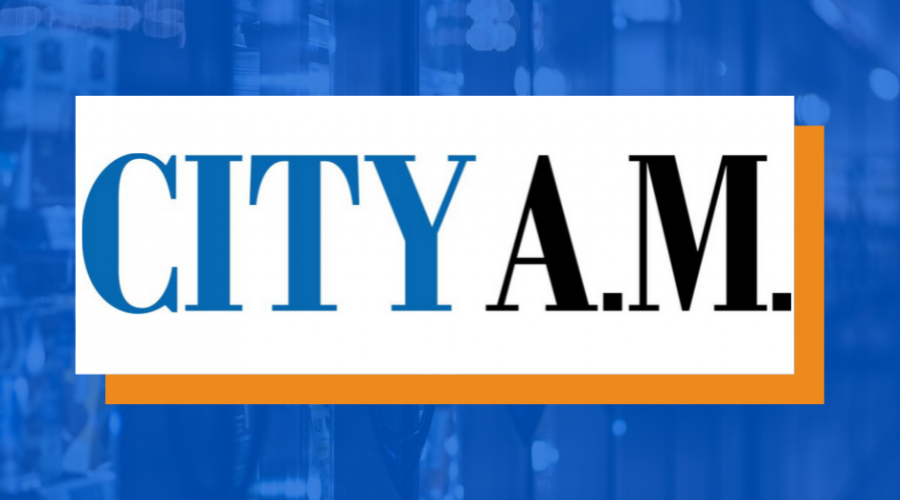Perlindungan Hak Kekayaan Intelektual dan Royalti untuk Pekerja Seni
Perlindungan Hak Kekayaan intelektual dan pekerja seni adalah dua hal yang sangat terkait dan tidak bisa dipisahkan. Melalui perlindungan hak kekayaan intelektual, maka para pekerja seni, seperti musisi dan sineas, bisa menikmati manfaat dari karya yang telah mereka buat.
Tanpa adanya perlindungan terhadap hak kekayaan intelektual, hal tersebut tentu akan sangat merugikan para pekerja seni. Para pekerja seni tersebut berpotensi akan semakin sulit untuk mendapatkan manfaat dari karya yang mereka buat untuk menafkahi kehidupan mereka, karena setiap orang dapat bebas membajak atau menampilkan karya-karya mereka tanpa harus membayar para pekerja seni yang membuat karya tersebut.
Di era digital, perlindungan hak kekayaan intelektual terhadap pekerja seni tentu memiliki tantangan baru. Seiring dengan perkembangan teknologi, setiap orang dapat dengan mudah membajak dan memasarkan produk-produk karya seni yang dibajak tersebut di dunia maya, untuk dinikmati dan disaksikan secara gratis oleh jutaan orang di seluruh dunia.
Namun, tantangan perlindungan hak kekayaan inteletual, khususnya di Indonesia, bukan hanya dari perkembangan dunia maya. Di sektor pelayanan, seperti rumah makan, kafe, karaoke, dan klub malam, kita bisa dengan mudah menemukan para pengelola tempat tersebut menampilkan musik atau lagu tertentu untuk menghibur para pengunjugnya, namun tanpa memberi bayaran kepada para musisi yang membuat berbagai lagu yang dimainkan.
Hal ini tentu merupakan sesuatu yang perlu untuk diselesaikan. Terlebih lagi, karena yang menampilkan musik tersebut adalah tempat usaha yang bertujuan untuk mencari keuntungan.
Untuk mengatasi persoalan tersebut, pada tanggal 30 Maret 2021 lalu, Presiden Joko Widodo mengeluarkan Peraturan Pemerintah Nomor 56 Tahun 2021 tentang Pengelolaan Royalti Hak Cipta Lagu Dan/ Atau Musik. Dalam Pasal 3 ayat 1 peraturan tersebut, tertulis secara eksplisit bahwa “Setiap orang dapat melakukan penggunaan secara komersial lagu dan/atau musik dalam bentuk layanan publik yang bersifat komersial dengan membayar royalti kepada pencipta, pemegang hak cipta, dan/atau pemilik hak (cnnindonesia, 5/4/2021).
Dalam peraturan tersebut, dijelaskan secara eksplisit juga dituliskan berbagai penggunaan musik atau lagu yang diharuskan untuk membayar royalti kepada para musisi yang membuat lagu tersebut. Diantaranya adalah seminar, konser, transportasi umum, pameran, nada tunggu telepon, pertokoan, bank, dan kantor, pusat rekreasi, penyiaran televisi dan radio, serta fasilitas hotel (cnnindonesia, 5/4/2021).
Adanya peraturan tersebut tentu merupakan hal yang patut kita apresiasi. Diharapkan, dengan adanya peraturan pemerintah yang mewajibkan para pemilik usaha, seperti rumah makan, untuk membayar royalti kepada para musisi, maka kesejahteraan musisi dapat lebih terjamin, dan hak kekayaan intelektual yang mereka miliki terhadap karya yang mereka buat juga dapat semakin terjaga.
Hal ini semakin penting terutama pada saat pandemi COVID-19. Pandemi COVID-19 telah membuat industri musik di Indonesia menjerit, karena para musisi tidak bisa tampil di depan publik seperti tahun-tahun sebelumnya (voi.id, 16/7/2020).
Diharapkan, dengan adanya peraturan pemerintah tersebut, maka para musisi yang saat ini sedang mengalami kesulitan dapat terbantu,. Membuat musik, terlebih lagi yang sangat populer dan bisa dinikmati oleh banyak orang, bukanlah sesuatu yang mudah, dan dibutuhkan banyak usaha. Sudah selayaknya, para musisi tersebut bisa mendapatkan manfaat dari karya yang mereka buat.
Selain itu, argumen lain untuk membenarkan kebijakan pengelola usaha untuk memutar musik atau lagu tanpa royalti kepada para musisi adalah, tidak sedikit dari para pengelola yang memutar musik tersebut melalui media streaming yang berbayar, seperti Spotify misalnya. Karena sudah membayar layanan streaming tersebut, maka dianggap hal tersebut adalah sesuatu yang cukup sehingga pembayaran royalti adalah sesuatu yang kurang diperlukan.
Pandangan ini merupakan sesuatu yang sangat keliru. Berbagai layanan streaming tersebut secara eksplisit menyatakan bahwa layanan mereka hanya bisa digunakan untuk tujuan personal, dan bukan kegiatan usaha. Berdasarkan ketentuan dari layanan streaming Spotify misalnya, dijelaskan secara eksplisit bahwa layanan mereka hanya bisa digunakan untuk hiburan pribadi dan bukan untuk penggunaan komersial. Dengan demikian, layanan streaming ini tidak boleh digunakan secara publik di tempat usaha, seperti radio, toko, dan rumah makan (support.spotify.com, 15/4/2021).
Melalui ketentuan tersebut, maka sudah jelas bahwa ketentuan tersebut sejalan dengan peraturan pemerintah yang dikeluarkan oleh Presiden Joko Widodo pada bulan Maret lalu. Menggunakan layanan streaming untuk kepentingan komersil merupakan sesuatu yang tidak bisa dibenarkan.
Sebagai penutup, hak kekayaan intelektual, termasuk juga tentunya karya-karya seni seperti musik, merupakan hal yang patut dilindungi oleh negara. Oleh karena itu, adanya peraturan pemerintah yang bertujuan untuk menegakkan perlindungan hak kekayaan intelektual adalah sesuatu yang harus kita apresiasi, agar para pekerja seni bisa mendapat perlindungan atas karya yang mereka buat. DIharapkan, industri kreatif, termasuk juga industri musik, di Indonesia dapat semakin berkembang di masa yang akan datang.
Originally published here.






